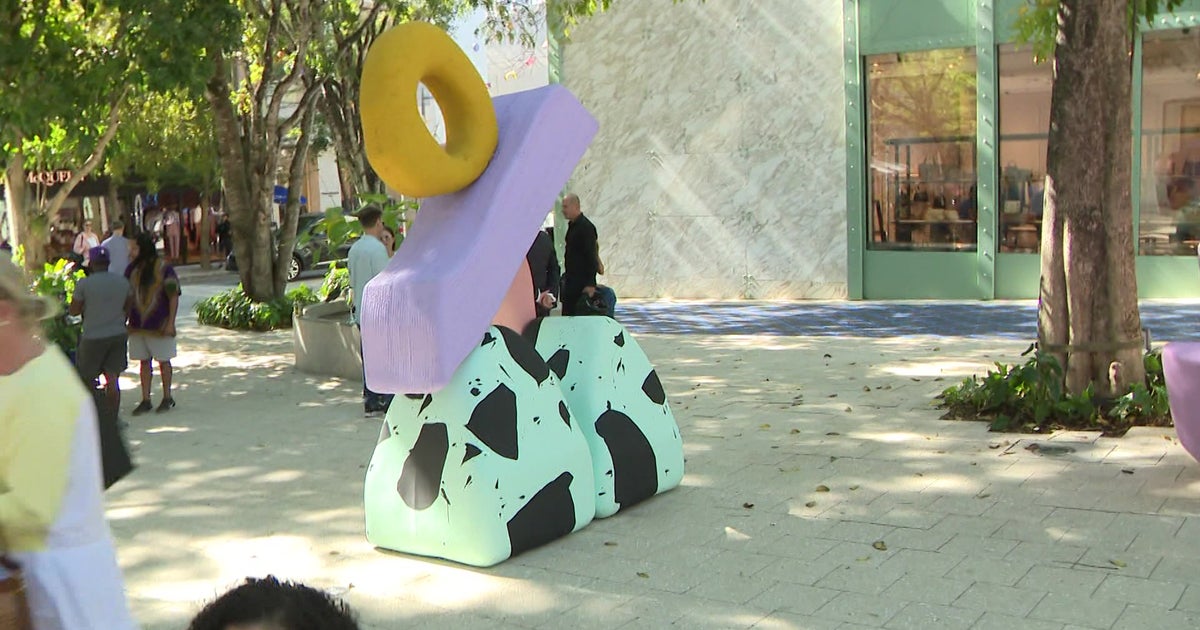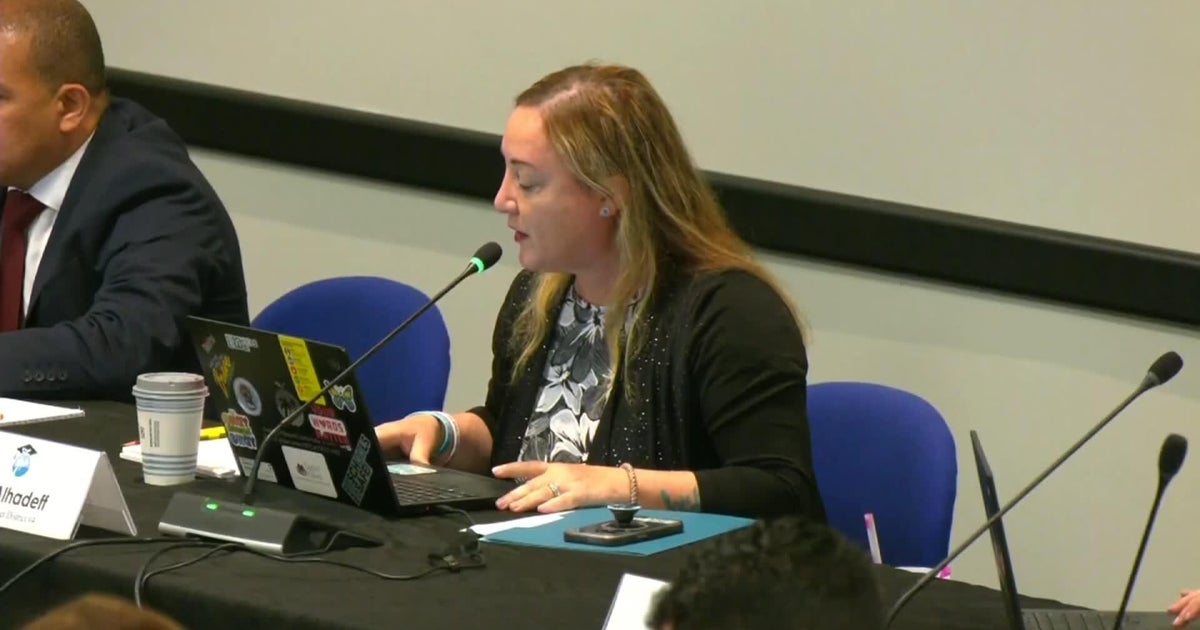A kangaroo boom could be looming in Australia. Some say the solution is to shoot them before they starve to death.
Australia loves its iconic kangaroos so much that it's willing to kill them. In fact, some ecologists are now warning that doing so may need to soon be a priority.
The island country has millions of the animals hopping about. While it is widely-adored symbol in Australia, having too many kangaroos has been known to cause problems. In Victoria, for example, the state government says that the animals can damage farmland, property and habitats, while also posing a risk to human safety.
An excessive population also poses a risk to the animals themselves, officials have previously warned, as a surplus of animals means that there is not enough food and many end up starving to death. This is what happened in 2016 and 2017, when government figures showed that there were nearly 45 million kangaroos – about double the amount of people in the country, according to the BBC.
That population boom was believed to be because of a bout of rainy conditions increasing vegetation, but like many rainy seasons, it ended with a drought – and a heavy price.
"The last drought we estimated that 80 or 90% of the kangaroos in some areas died," ecologist Katherine Moseby told AFP. "They are starving to death – going into public toilets and eating toilet paper, or lying on the road starving while their joeys are trying to feed."
Dennis King, executive officer for the Kangaroo Industry Association of Australia, told AFP that he believes the country could see another situation like that soon, as weather in recent years has created conditions for another boom.
"After three years of La Nina right down the east coast, we've seen the perfect growth scenario for kangaroos over the next couple of years," he said. "The breeding cycle really speeds up."
And if that happens, he believes the population could hit as many as 60 million kangaroos – more than 2.3 times the number of people in Australia.
And to prevent rampant animal starvation, Moseby says there is one thing that people can do to help: Shoot them.
"It keeps the numbers down so that when we do get drought we don't get these welfare issues," she told AFP. "If we saw them as a resource and managed them like that, we wouldn't get the catastrophic deaths that we see."
Fertility control and fencing have also been used as methods to control kangaroo populations, but according to the Victoria government, they are less humane and effective. Fertility control, the local government says, requires capturing the animals and risking their welfare, and only works for small-area population control. Fencing also risks animal welfare and is expensive to install and maintain.
"Shooting is considered to be the most effective and humane method to control kangaroos because the animals die quickly and it reduces the numbers rapidly," the Victoria government said in a document about kangaroo population control in 2017, adding that shooting to maintain numbers is done according to national standards.
Kangaroo species are protected by the country, but the nation does allow commercial harvesting to kill the animals in small numbers and sell products worldwide. According to King's Kangaroo Industry Association of Australia, commercial harvesting is allowed in six of the eight Australian states and territories that have large populations.
"Commercial harvesting is strictly regulated and monitored to ensure conservation, animal welfare and health and safety standards are upheld," the association says. "State governments develop unique kangaroo management plans to conserve kangaroos, measure populations, set boundaries for the harvest, outline how it will be regulated and ensure it's not detrimental to the animals or their ecosystems."
While many see the effort as a much-needed solution, others say it's a "slaughter."
"It is often claimed that kangaroos are shot because they compete with grazing animals — but this mass slaughter is purely and simply a commercial kill of Australian wildlife. In 2019, 1.57 million kangaroos were killed for the commercial industry," Animals Australia said earlier this year, citing federal data that also showed there was an overall population of more than 42.5 million kangaroos that year.
George Wilson, a leading kangaroo management researcher, told AFP that while he understands the intention in wanting to protect the animals, ending the culling would only "make it worse" for them in the long run.
"They say it's unethical, but it's unethical to let them starve to death," he said. "The cruelty is not doing anything about it."



